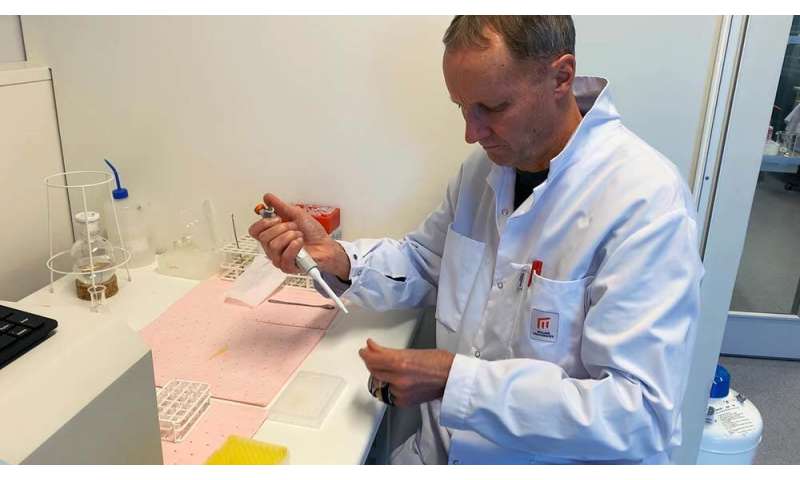
A new sensor that can give an immediate response to the presence of coronavirus could dramatically improve the efficiency of testing and overcome some of the current surveillance bottlenecks, believe its Swedish developers.
The sensor, which is being developed by researchers at Malmö University in Sweden, uses technology which is not currently utilised in the fight against COVID-19.
“Our technology is based on a completely synthetic form of antibodies and other receptors, that we foresee to be more stable, cheaper and faster to design and produce. This builds on a virus sensor concept we have worked on for several years that we think we can rather easily adapt to coronavirus,” says Börje Sellergren, professor at Malmö University’s Biofilms—Research Center for Biointerfaces.
Today, there are two types of coronavirus tests: virus tests that can show infection and, antibody tests that can show if a person has been infected. The sensor that the Malmö researchers are now working on is intended to be able to quickly answer whether a person is infected with COVID-19 at the time of the test.
“Current virus tests are expensive, they require laboratory facilities and are time consuming. This partly explains the recent failures in providing broad based testing. A sensor that can directly detect viruses in samples from saliva, throat or or nasal cavity, could help relieving this bottleneck. Obviously this could also benefit poor countries with large populations where test resources are scarce,” says Sellergren.
Another important area of use for the sensors is environmental epidemiology, for example, by monitoring of virus-presence in sewage water—in this respect, the sensors could here be part of a warning system for new outbreaks, according to Sellergren.
Source: Read Full Article
